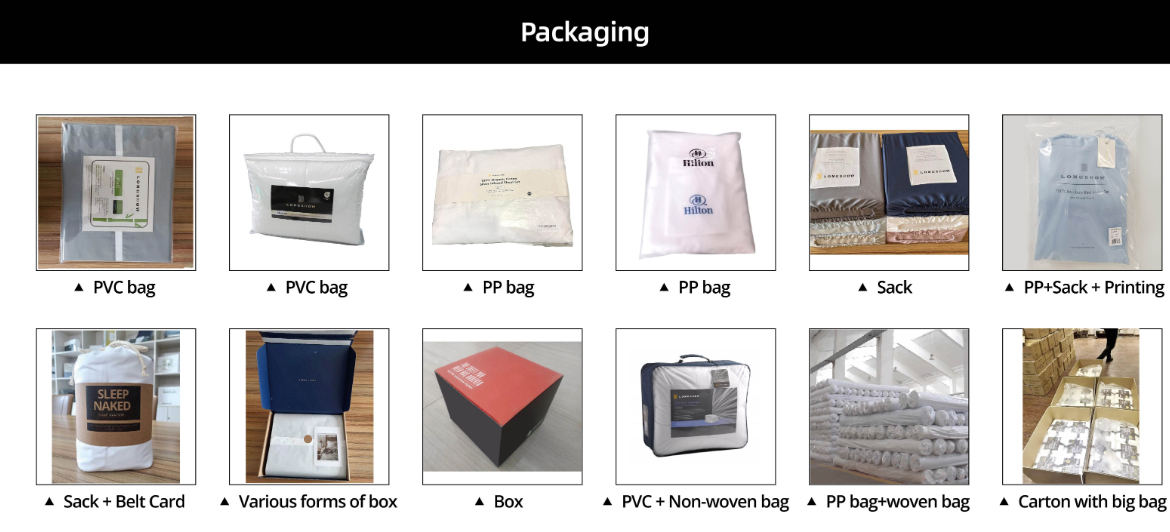Lastly, baby towels, known for their gentle touch, are made from soft, hypoallergenic materials to protect delicate skin. They often feature hooded designs to keep little heads warm after bath time.
...
2025-08-16 09:19
1890


